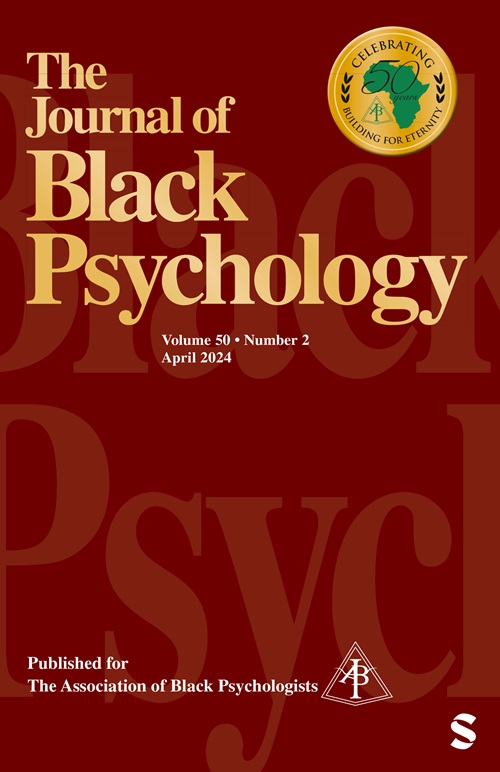海地城市cit Soleil社区非伴侣性暴力受害者与非受害者的创伤症状比较
IF 2.2
3区 心理学
Q2 PSYCHOLOGY, MULTIDISCIPLINARY
引用次数: 4
摘要
生活在资源受限、灾后城市飞地(如海地的cit本文章由计算机程序翻译,如有差异,请以英文原文为准。
Comparison of Trauma Symptoms Among Nonpartner Sexual Violence Victims and Nonvictims in Urban Haiti’s Cité Soleil Neighborhood
Women in resource-constrained, postdisaster, urban enclaves, such as Haiti’s Cité Soleil, are at risk for nonpartner sexual violence (NPSV) by multiple perpetrators, and subsequently, psychological trauma and sexually transmitted infections (STIs), including HIV/AIDS. These biopsychosocial risks suggest that NPSV victims may benefit from an adapted evidence-based intervention for sexually transmitted infection (EBI-STI) that includes a trauma component. Yet there is a dearth of knowledge on trauma symptoms experienced by victims in Haiti. We administered a Haitian Kreyòl version of Trauma Symptom Checklist (TSC-40), including its subscales (depression, dissociation, anxiety, sexual problems, sleep disturbance, sexual abuse trauma) to women in Cité Soleil, comparing victims’ scores (n = 54) with those of nonvictims (n = 179). After controlling for child sexual abuse, arrest, transactional sex, and sociodemographics, being a victim was associated with higher scores on the full TSC-40, and subscales of anxiety and sexual abuse trauma index. These increased scores of victims underscore the need to incorporate trauma in adaptation of EBI-STI for Haitian NPSV victims like our sample.
求助全文
通过发布文献求助,成功后即可免费获取论文全文。
去求助
来源期刊

Journal of Black Psychology
PSYCHOLOGY, MULTIDISCIPLINARY-
CiteScore
8.00
自引率
5.80%
发文量
22
期刊介绍:
The Journal of Black Psychology publishes scholarly contributions within the field of psychology toward the understanding of the experience and behavior of Black populations. This includes reports of empirical research and discussions of the current literature and of original theoretical analyses of data from research studies or programs. Therefore, the Journal publishes work in any of the areas of cognition, personality, social behavior, physiological functioning, child development, education, and clinical application, in addition to empirical research and original theoretical formulations outside traditional boundaries, all integrated by a focus on the domain of Black populations and the objective of scholarly contributions.
 求助内容:
求助内容: 应助结果提醒方式:
应助结果提醒方式:


